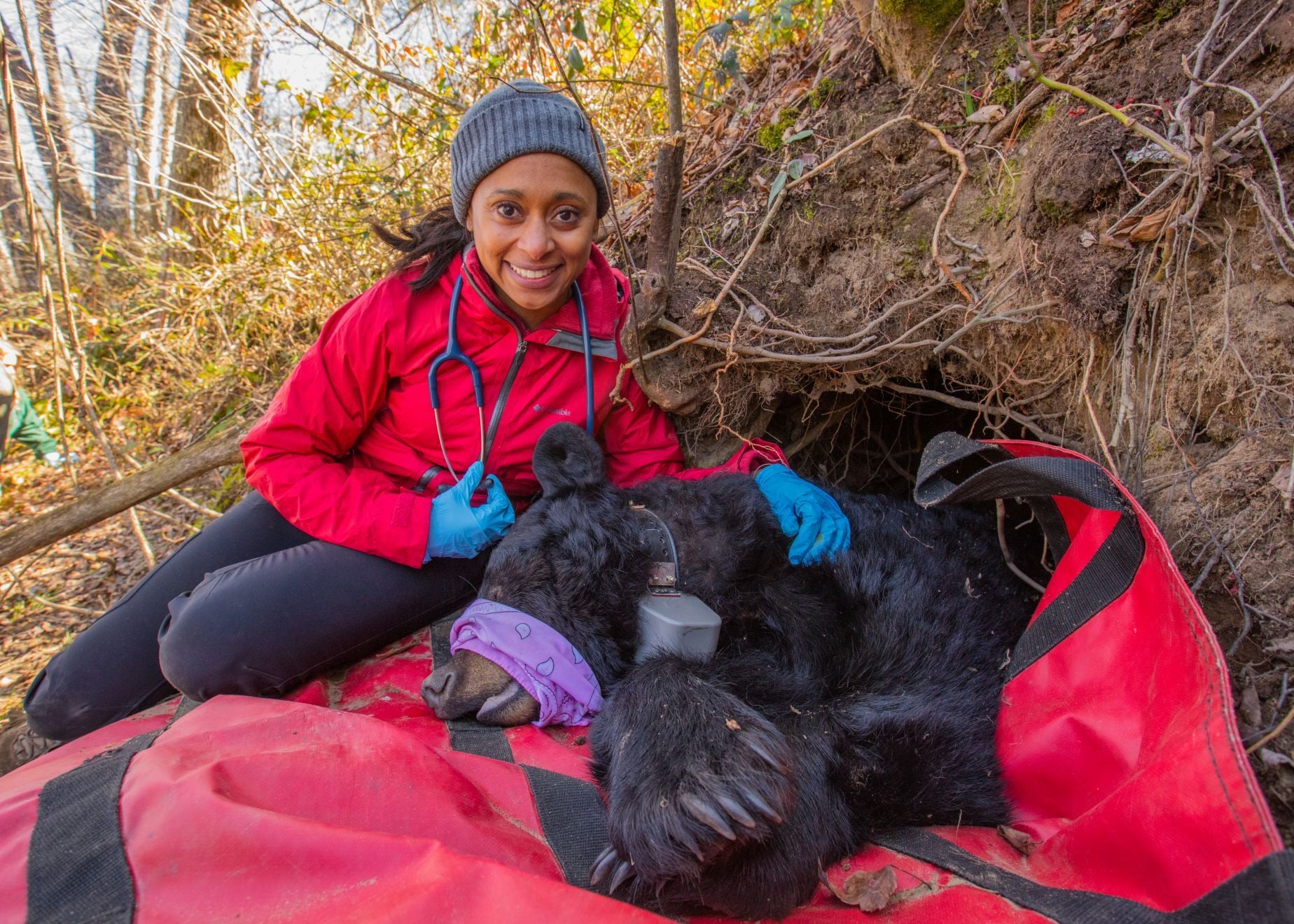Dr. Rae Wynn-Grant is an American wildlife ecologist. In her chart-topping podcast Going Wild, she explores the “human drama” of that work, taking listeners to track bears in the Sierras, chase lemurs through rainforests in Madagascar and tag lions in Tanzania. She also explains what it’s like to do all of that - as each podcast opens - "as a black female scientist".
“I felt that the most authentic way for me to tell these stories would be to include my intersectional identity as a shining part of the experiences that I have had,” says Dr. Wynn-Grant. “I often, naturally find myself adding in elements of me - or of my experience, or the social landscape - to my science communication.”
There are so many systems and barriers still in place that impact me and people like me on a mental and emotional level that serve as blockages towards progress.
Intersectionality refers to the interconnected nature of social categorisations (such as race, class and gender), and how they combine to create unique inequalities or privileges. The US scientific workforce is not representative of its population, for example.
A 2021 study from Princeton University showed that white men comprise a "disproportionate amount of the US [scientific] workforce", and while "faculty of colour increased from 20% of the scientific workforce in 2005 to 25% in 2018 - increases have not been observed equally across all racially minoritised groups. For instance, the proportion of Black (5 to 6%) and American Indian/Alaska Native (1%) scholars remained relatively stable, while Latinx representation nearly doubled (3.5 to 6%), and Asian representation increased from 9.1 to 11%."
Working at the Intersection
Dr. Wynn-Grant has built a career studying large carnivores.
“The biggest and most ferocious ones,” she tells me, from African lions to North American bears and primates. “For the last 17 years I haven’t had a moment where I wasn’t active in a research project on a carnivore.”
It’s not unusual for the ecologist to be seen cuddling bear cubs on social media.
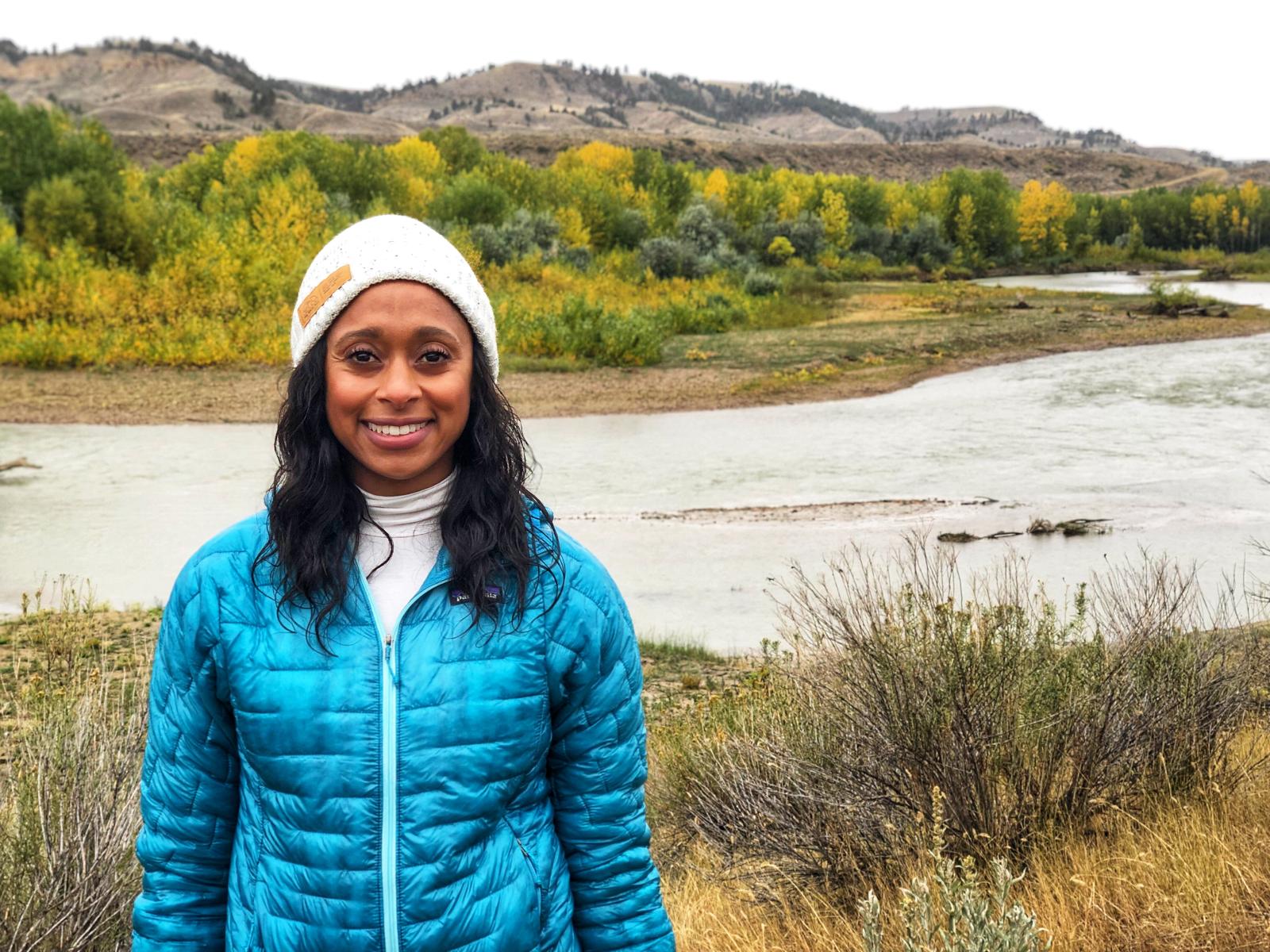
“I have put a specific emphasis on females of reproductive age, which brings me into contact with the cubs a lot of the time,” she says. “I don’t want people to misunderstand - I'm not just picking up wild animals and snuggling, it's actually part of the scientific process.
"I will sedate a mother bear and she will be unconscious for 30-45 minutes while we give her a checkup. During that time, the cubs need to be kept warm. They can't thermoregulate or create their own body heat at such a young age. So they quite literally need someone to stuff them in their jacket and give them a big tight, squeeze in the name of science. I take that job very seriously!”
The ecologist is currently studying mountain lions in the Dangermond Preserve, on the coast of California. She’s travelled far and wide in the name of science.
“I’ve travelled a lot by myself, and in most places, my identity as a black woman shows up in the way I’m treated, or in the way I’m received or in the experiences that I’ve had,” she says. “In some ways it’s refreshing and nice and in others it’s intimidating, and it can cause worry or danger.
“I believe that as a global community we are working together to acknowledge that because of our collective history, identity makes a difference and matters and is important - but ultimately it shouldn't matter. We should all just be able to be safe and be kind and be well together.”
Going Wild immerses the listener in an array of beautiful landscapes around the world, but it also acknowledges these roadblocks, recognising and addressing a side to conservation that is usually ignored.
Dr. Wynn-Grant discusses how people at conservation conferences, in scientific buildings or out in the field often assume that she’s stumbled into the wrong place, for example, simply because she is a black woman. “It happened with enough regularity, different people each time, that I realised I don’t look like what they think a scientist looks like,” she says in the podcast.

These sorts of remarks - “getting told you don’t belong or being asked about where you’re from” - are examples of microaggressions; subtle incidences of racism which occur frequently. “They can leave such a lasting effect that they can be extremely damaging,” says Dr. Wynn-Grant.
She uses an analogy involving mosquito bites. If you get one mosquito bite, it won’t ruin your day, but if you get the same bite, in the same place, every day of your life for a year or longer, that may be different. It could drive you crazy. What people would perceive in that case would be you complaining, or overreacting, to one mosquito bite - being unaware of the bigger picture.
“It’s the perfect way to describe microaggressions,” the scientist tells me. “I talk about a few cases of unfair treatment in the podcast that demonstrate how racism shows up in my life. My ancestors experienced very violent, traumatic racism and, of course, I am in a more privileged place than them, yet there are so many systems and barriers still in place that impact me and people like me on a mental and emotional level that serve as blockages towards progress.
If you support science and support environmental science, then that necessitates that you support scientists.
“Most of my conservation science is done within institutions. These institutions have had conversations about the need for more racial diversity in the field. That's fine. But I have never felt satisfied with the outcomes.”
She continues: “So many of these institutions are focused on doing good for the world - on conserving endangered species - and it might be that it feels like an extra burden to also do good, societal work. We’re already not in it for the profit, none of us are getting rich and we’re already giving our all for the planet, so must we also do the good work of social justice? I think there's fatigue there.”
What would Dr. Wynn-Grant like to see more of?
“At the bare minimum, if you support science and support environmental science, then that necessitates that you support scientists,” she says. “And so if they're black and the black community is going through a lot of trouble, that means it's important to support the black community in order to support the conservation scientists who are doing this good work.
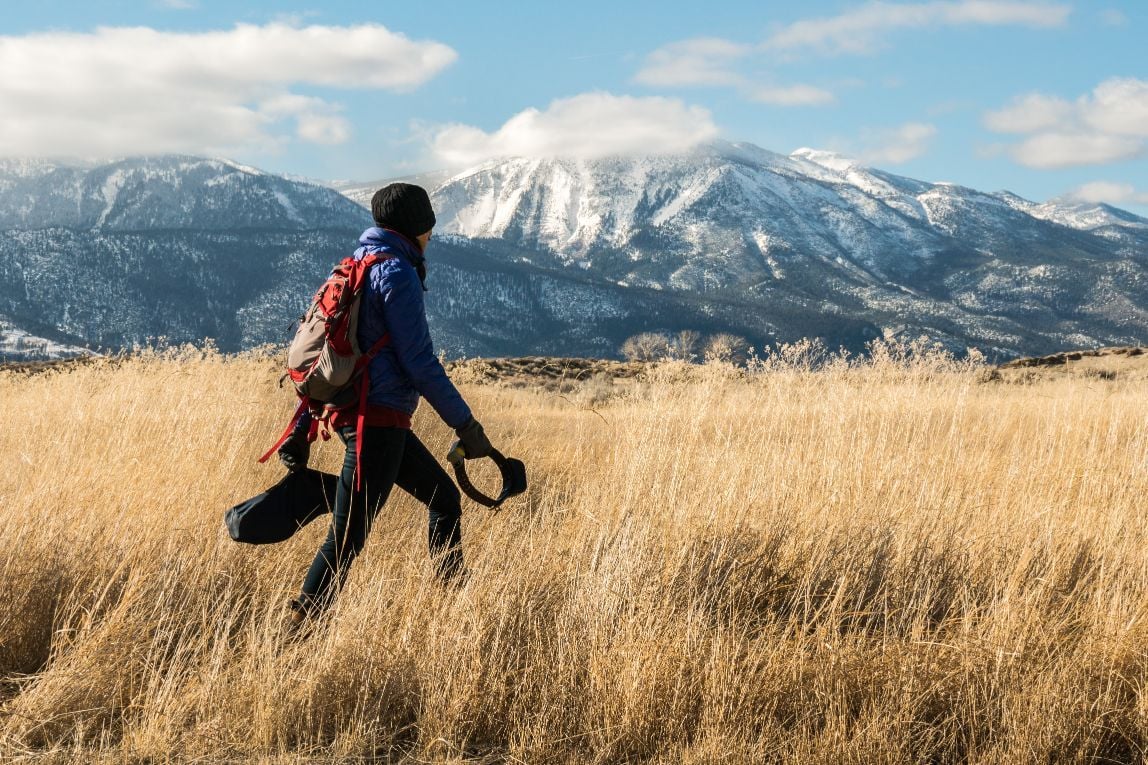
“The same is true for people from the LGBTIQ+ community and immigrant communities and Muslim communities.
“Environmental wellness is unequivocally fused with social wellness, so we're not going to be able to reach our environmental goals without making sure that human communities are safe and well and thriving and vice versa. We can't have healthy communities of people without having a healthy environment. So, truly working on these goals together is important.”
Going Wild
Going Wild is a podcast welcomes people in, and allows space for mistakes. It’s this openness which sets Dr. Wynn-Grant’s approach to conservation apart.
“I was able to be very vulnerable and say - I made mistakes here! Or I did the wrong thing here and I offended people here, and I learned in that way,” she says.
Environmental wellness is unequivocally fused with social wellness.
The podcast invites you into a world of charismatic animals that will quickly reignite a childlike joy for nature. But it also talks about topics from imposter syndrome to those microaggressions to struggles with new motherhood, and managing periods in the field.
“Having your period at home is challenging, let alone having your cycle in a new place or in the outdoors, or on an adventure that for me, is still a professional space. When I’m camping, it’s for work, but it can be super different and it can be - you know - a disaster,” she laughs.
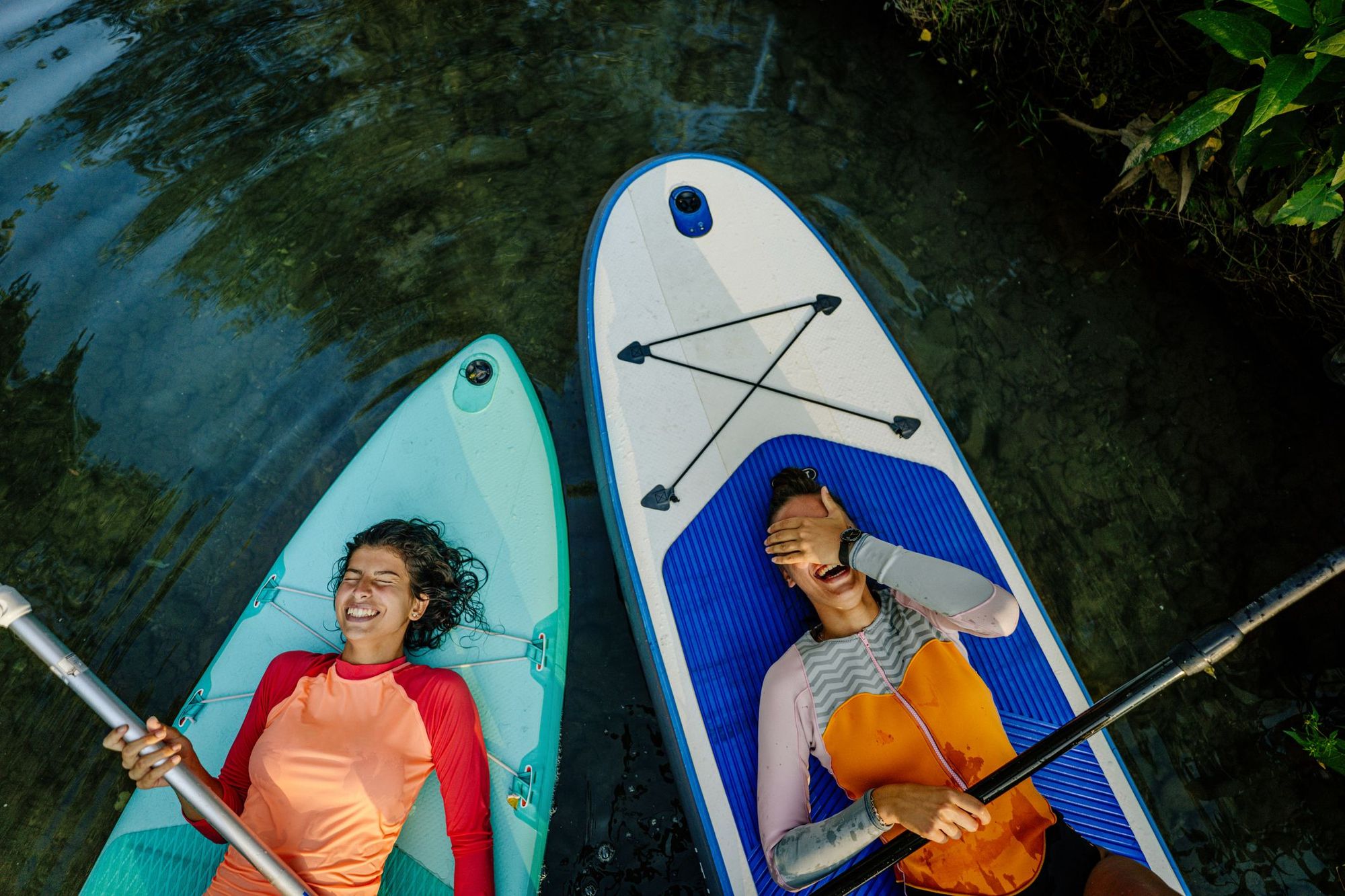
Dr. Wynn-Grant is able to take big subject matters, and through her own blunt honesty and enthusiasm for wildlife and conservation, break down the barriers to entry, and make each topic accessible and understandable.
“What I hope is that it really normalises personal growth and mental emotional growth in this field,” she says. “We’re often characterised as being so brave and daring - and you can’t take that away - but I think a lot of interesting conversations are lost. We can be so many other things - terrified, or silly, or wrong.”
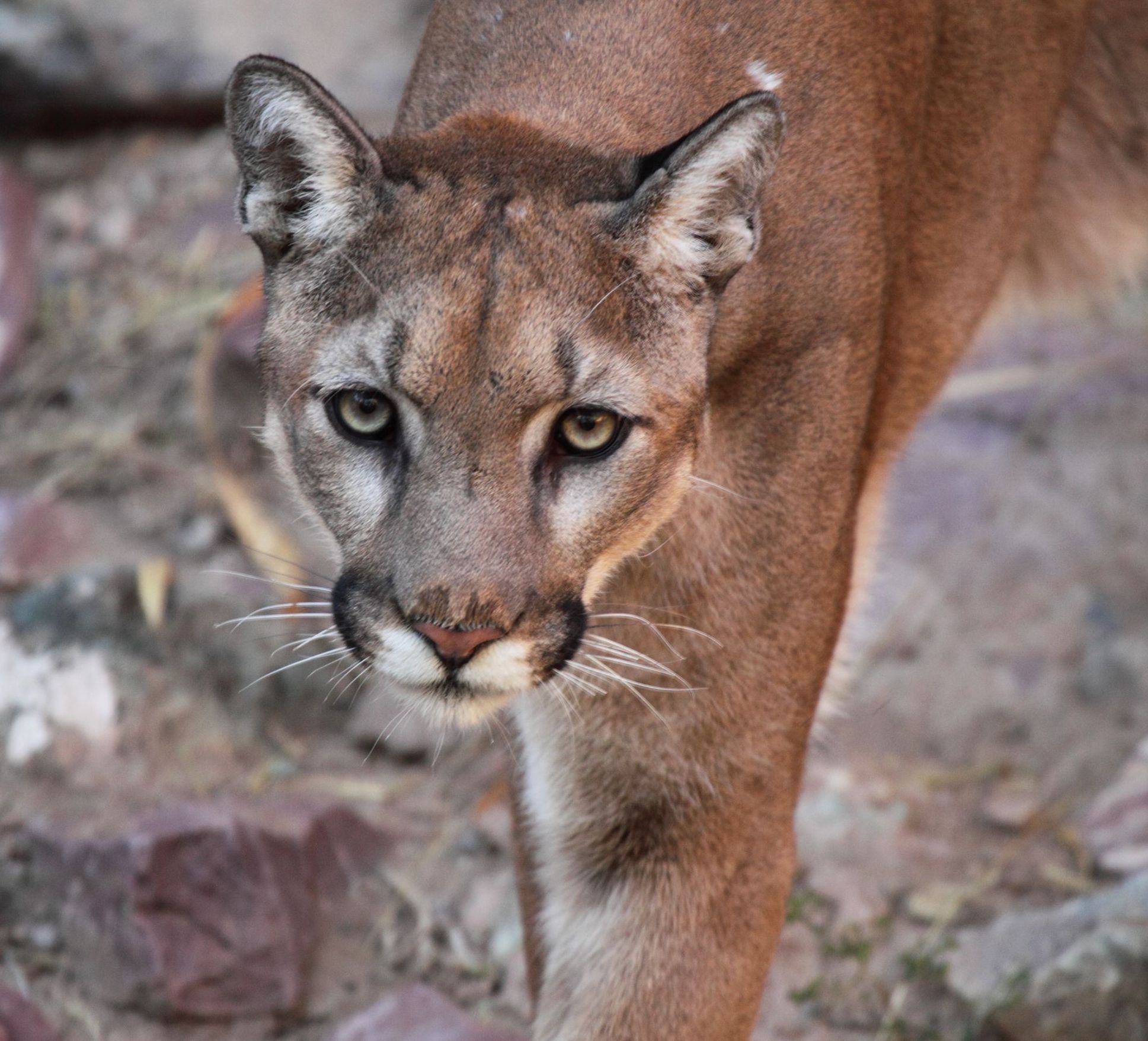
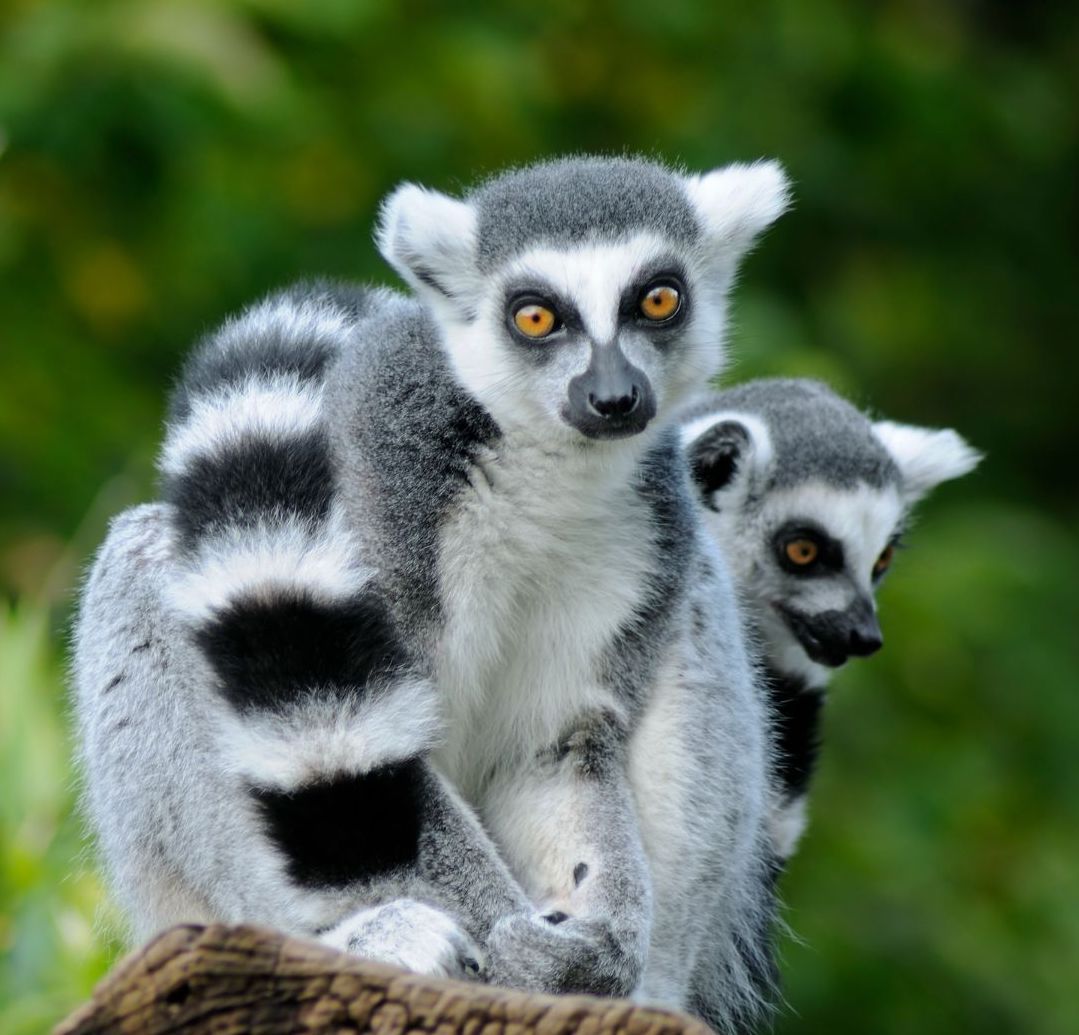
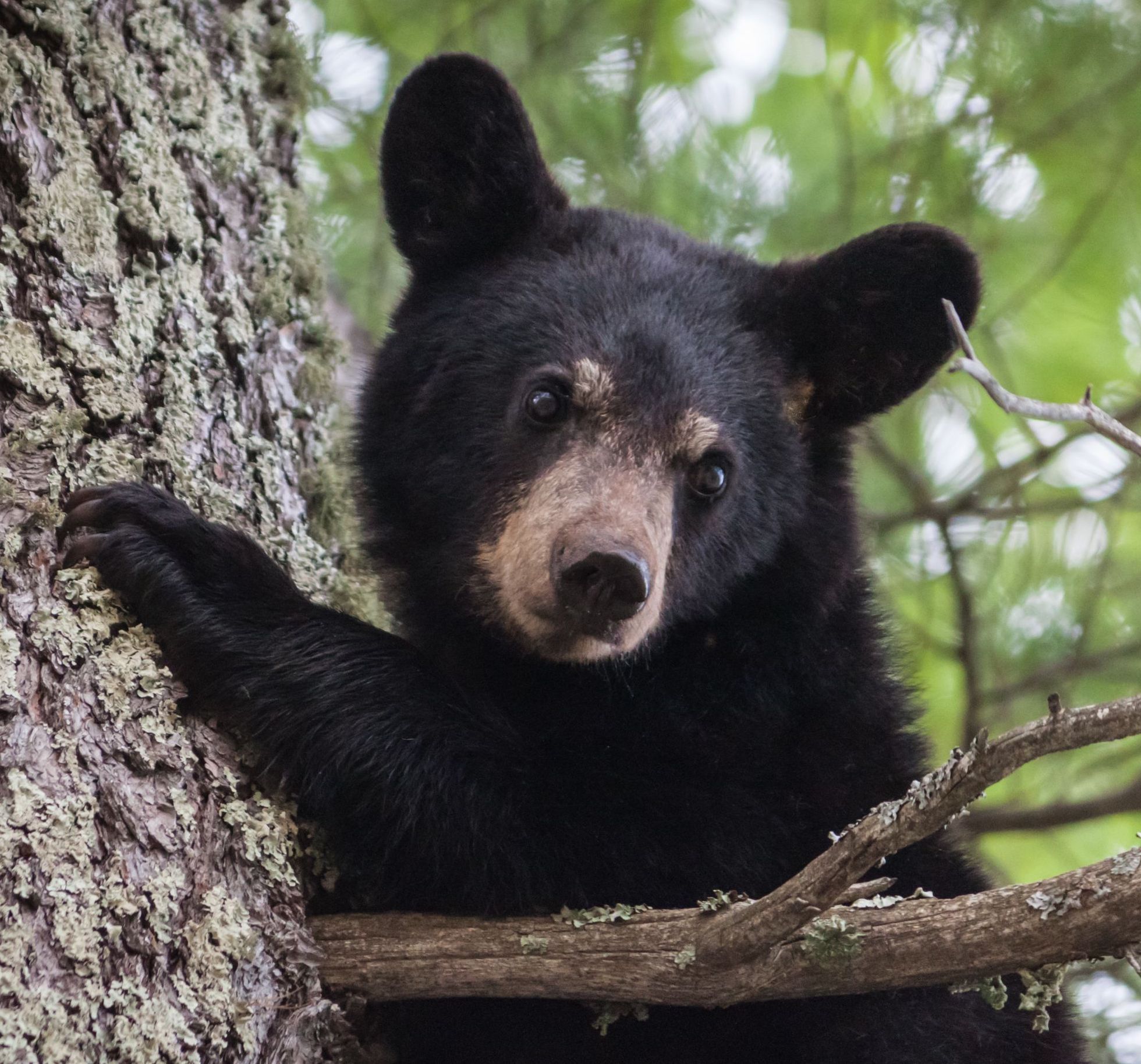
The second season of Going Wild moves the focus from Dr. Rae Wynn-Grant’s own stories to those of other wildlife ecologists, who are also people of colour.
“We’re still covering big, exciting species,” she laughs. “We’re not onto soil bacteria quite yet!
Guests range from shark researcher Jasmin Graham, the CEO of the organisation Minorities in Shark Science, to wildlife veterinarian Hollis Stewart, who speaks about coping with death in a field where 1 in 6 professionals have contemplated suicide at some point in their career.
“It’s an intersectional approach to storytelling,” says Wynn-Grant. “That wasn’t a requirement for participation, and yet it just naturally came out. So in season two, we’re talking about hyenas and the legacy of colonialism, and we’re talking about coyotes and about school shootings in the same episode.
“We’re talking about all of these different things and how they come together with identity, and it’s very beautiful, and I’m proud of it. We’re talking about nature and environment, but we are also very, very much talking about justice and calls for justice work, and that seems quite revolutionary to me. I’m also proud of PBS Nature for supporting this approach to storytelling.”
Inspired? Check out our range of rewilding adventures now, which work with local communities to create circular-nature based economies!

